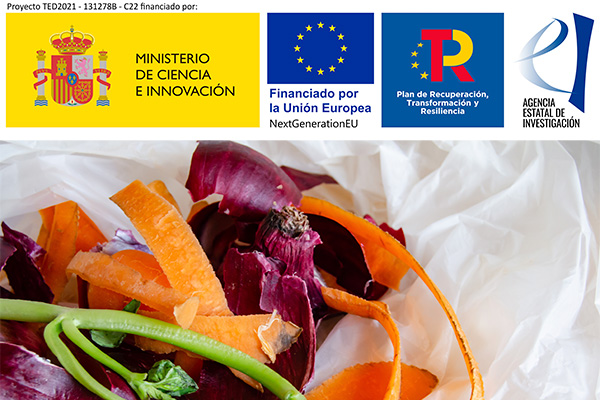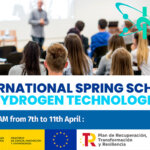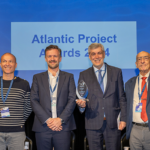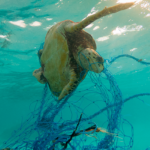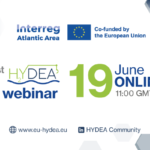During the last 60 years, the production of plastic has increased exponentially due to the low cost of its production, the versatility offered by its derivatives and, above all, due to the durability and low weight of said compounds. At a global level, it is estimated that around 300 Mt of plastic are consumed per year and if the trend does not change, it is estimated that by 2050 the 12,000 Mt of plastic generated per year worldwide could be reached. Inevitably, the increase in the production of these polymers together with inadequate waste management is causing more and more tons of plastic to accumulate in the environment over the years. The problem with this type of waste is that this material does not biodegrade like other products and some types of plastic can remain on the planet for hundreds or thousands of years, contaminating ecosystems and damaging flora and fauna. For this reason, the efforts dedicated to, on the one hand, finding alternatives to the use of conventional plastics and, on the other, optimizing and improving the management processes of the waste generated have increased. In this way, the use in the market of biopolymers, labeled as biodegradable plastics, was promoted.
In recent years, concern about the partial degradation of these bioplastics in natural and industrial environments, as well as the environmental fate of bioplastic residues from waste management, is increasing. Consequently, there is a need to expand knowledge about the degradation of biopolymers in waste management to achieve efficient aerobic and anaerobic degradation processes and improve their performance. Improving the degradation of bioplastics during anaerobic digestion and composting can reduce the concentration of bioplastics that are transferred to soil and water, minimizing the potential environmental impact of these materials.
The POLBIO project was born from this need, in which we collaborate with the Environmental Biology research group of the University of Vigo, to expand the existing knowledge about the degradation processes of biodegradable plastics and conventional polymers, and for this purpose, they will be characterized and evaluated. different biodegradation processes of bioplastics (mainly PLA and PHB), and conventional synthetic polymers, such as polypropylene (PP), to increase existing knowledge about the physicochemical characteristics of the process, the potential toxic effect of the materials and the impact they may cause in terrestrial and aquatic environments, being present in the form of microplastics. In addition, it is intended to determine which are the most appropriate conditions for the degradation of these plastics at an industrial level, in waste treatment plants that include aerobic or anaerobic processes, and useful and innovative information will also be provided to waste treatment managers. that allows them to develop and optimize work protocols.
The work methodology in this project is based on the determination of the biodegradability of polymers and bioplastics in the continental aquatic environment and terrestrial environment; the study of the traceability of microplastics in the trophic chain and evaluation of the ecotoxicological effects on target organisms, and the effect of composting and anaerobic digestion on polymers and bioplastics will also be evaluated.
This R&D project receives the TED2021-131278B-C22 grant, which is financed by the Ministry of Science and Innovation (MCIN), the State Research Agency (AEI) 10.13039/501100011033, and by the European Union Next GenerationEU and the Recovery, Transformation and Resilience Plan (PRTR).
The POLBIO project pursues the following environmental objectives:
- Climate change mitigation. The project seeks to improve the anaerobic digestion process for biogas production, essential for carrying out the current energy transition and the fight against climate change.
- Sustainable use and protection of water and marine resources. Determining the possible adverse effects of the presence of microplastics in riverbeds and establishing treatment parameters for the reduction of these pollutants in treated urban wastewater and in fertilizers represent measures for the protection and improvement of aquatic ecosystems.
- The circular economy. Important waste recycling, composting and anaerobic digestion processes are covered, which require their adaptation to guarantee the proper management of the new polymers, avoiding the dispersion of microplastics in the environment and thus contributing to the objectives of the circular economy.
- Pollution prevention and control. This project is based on knowing the effects and degradative capacity of conventional bioplastics and polymers in different media with the aim of providing useful information for their proper use and management, reducing their entry as pollutants in the environment.
- The protection and restoration of biodiversity and ecosystems. The effects of microplastics on food webs can alter ecosystems, which is why this project focuses on the protection of biodiversity, providing knowledge about the presence of microplastics and evaluating their toxicity in aquatic and terrestrial ecosystems.




